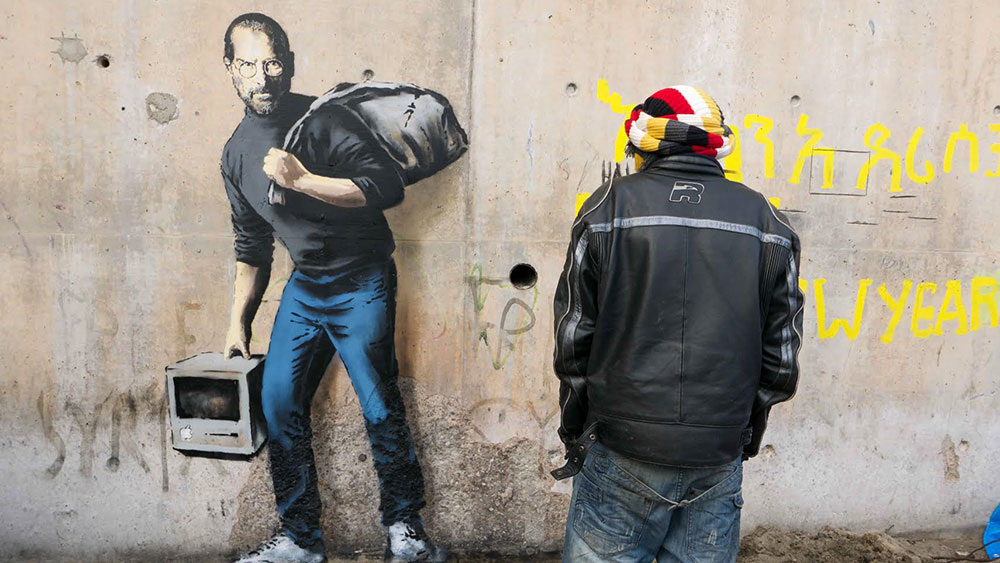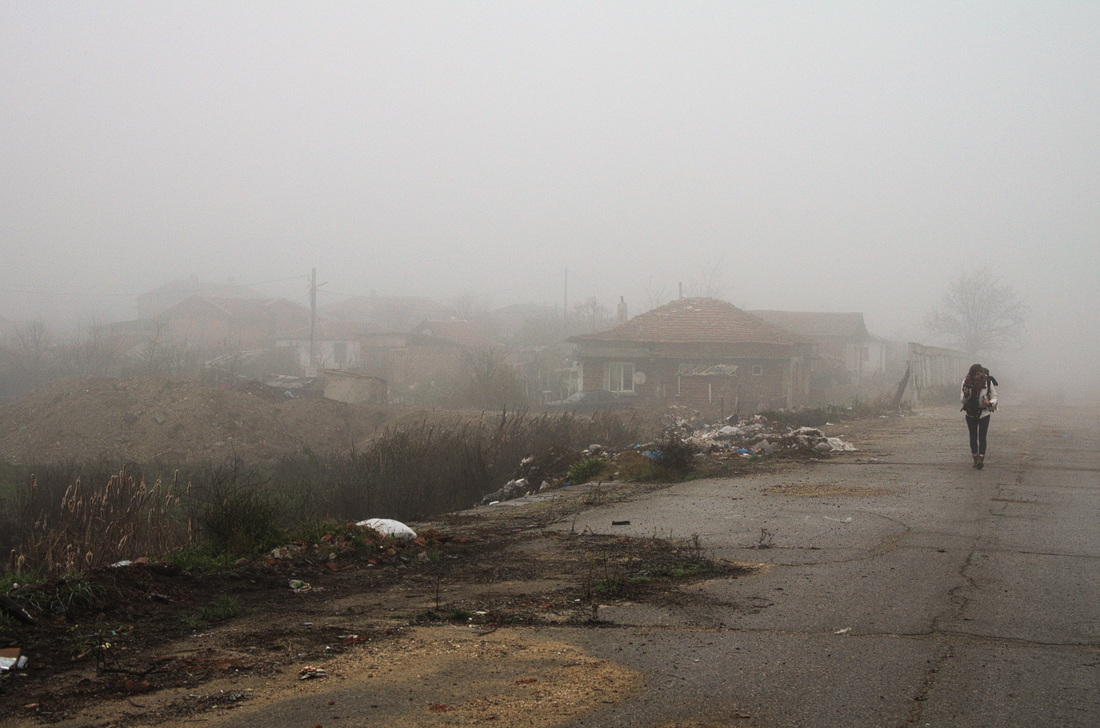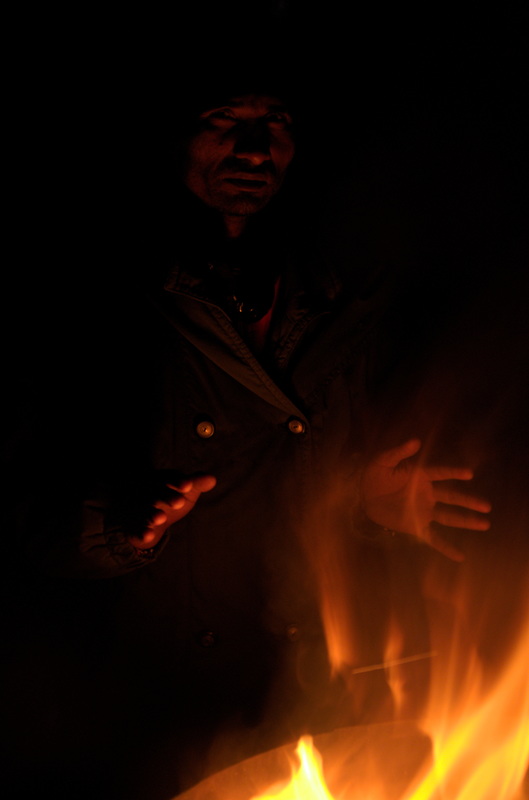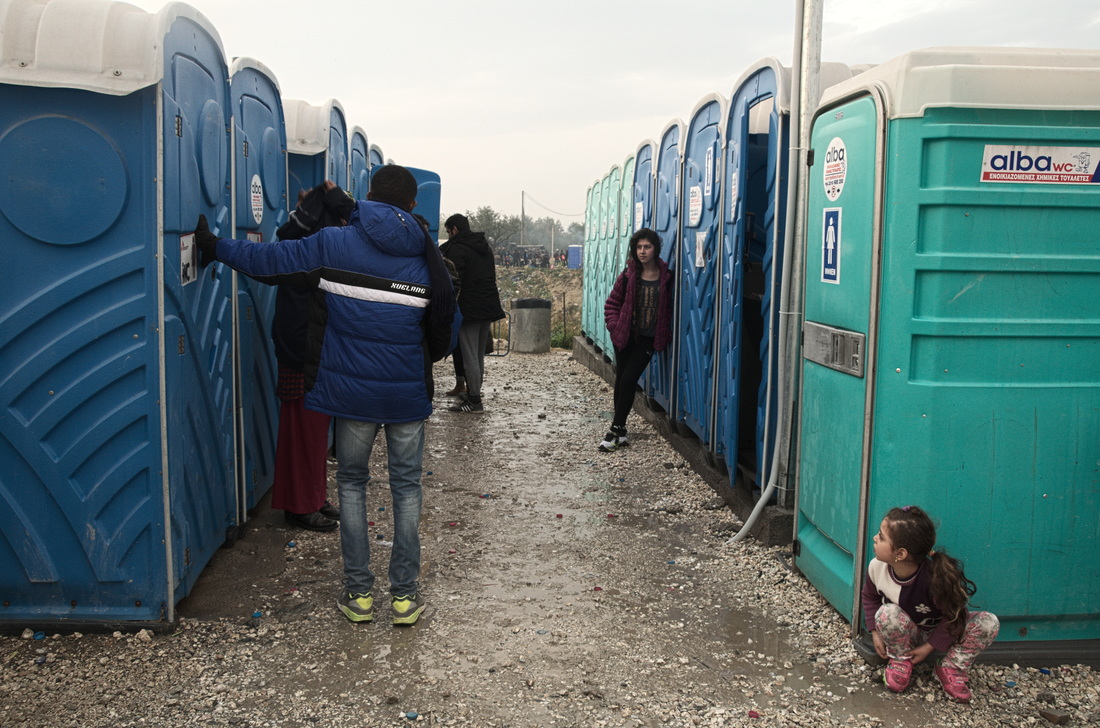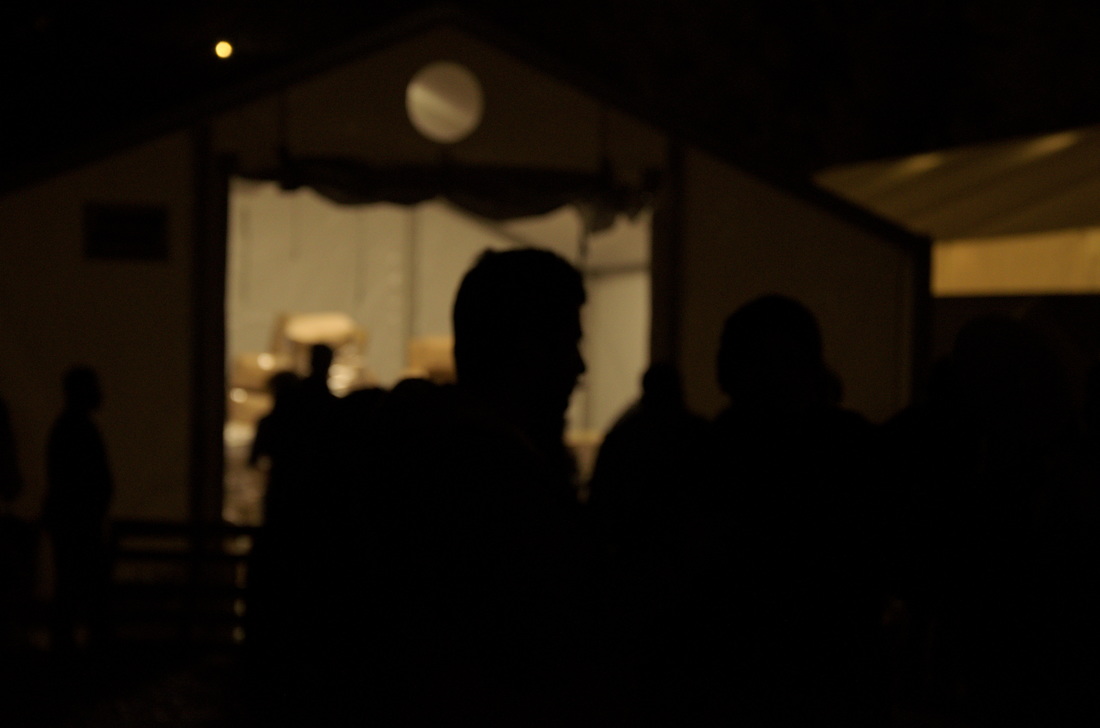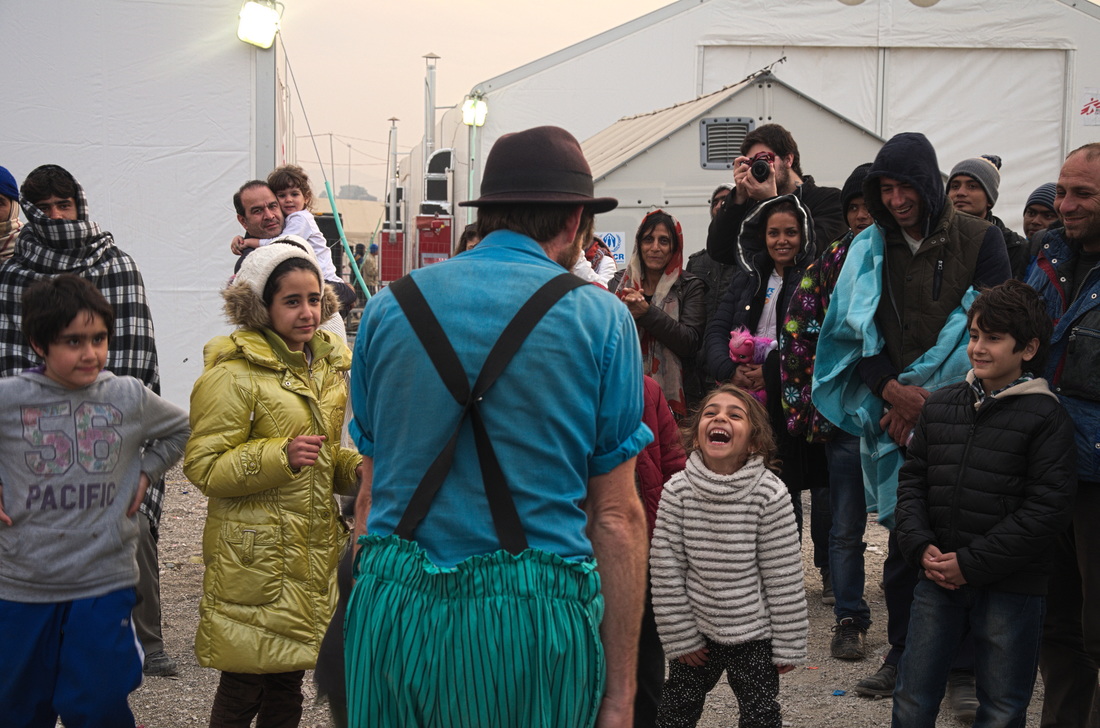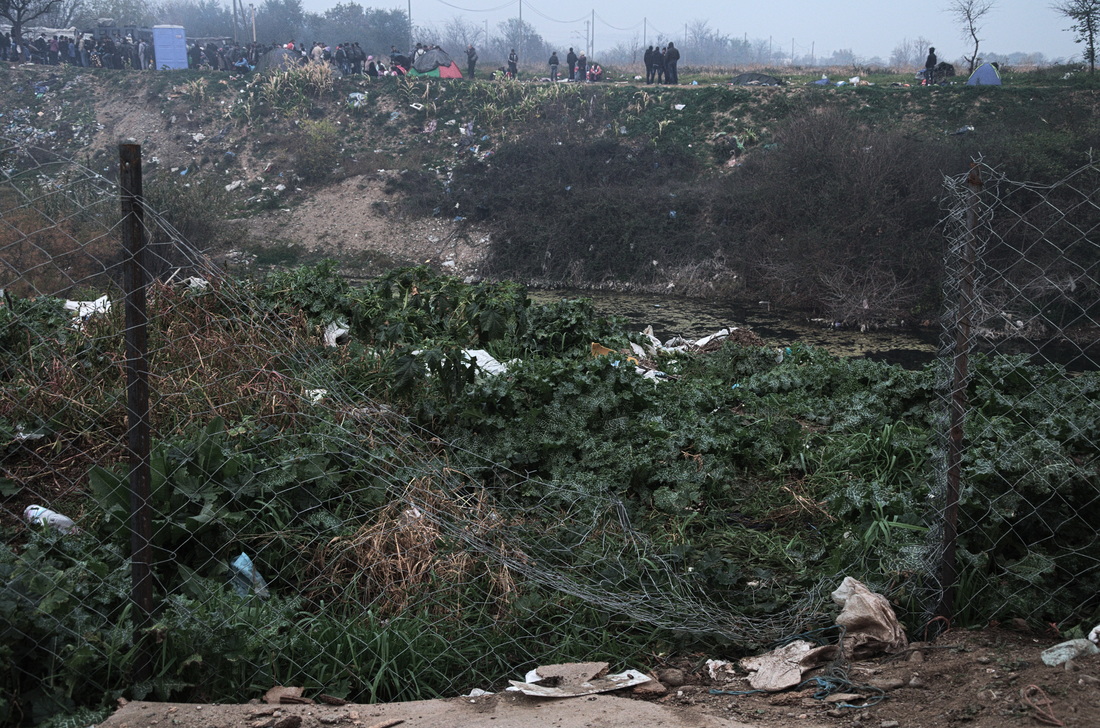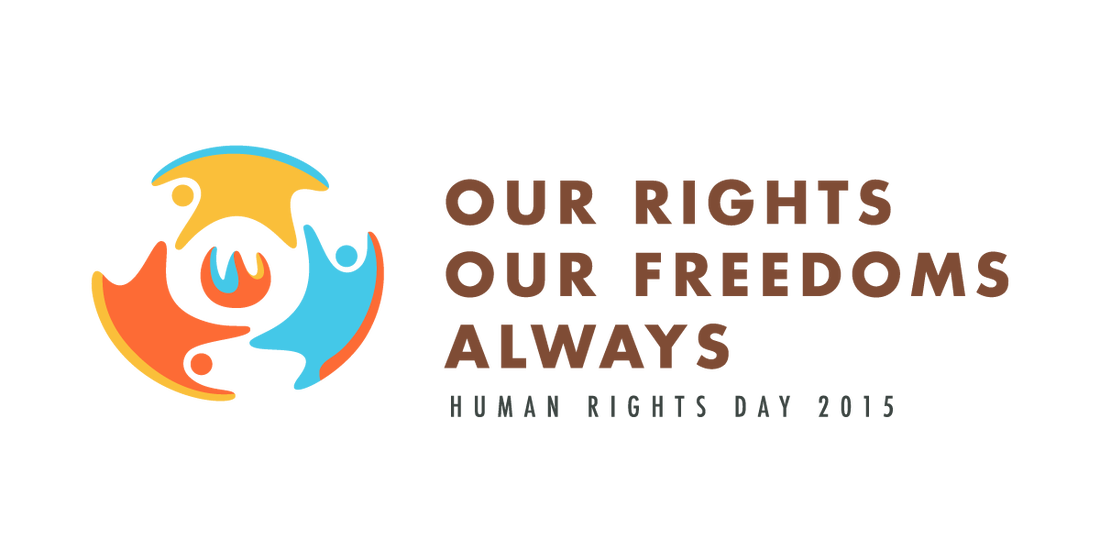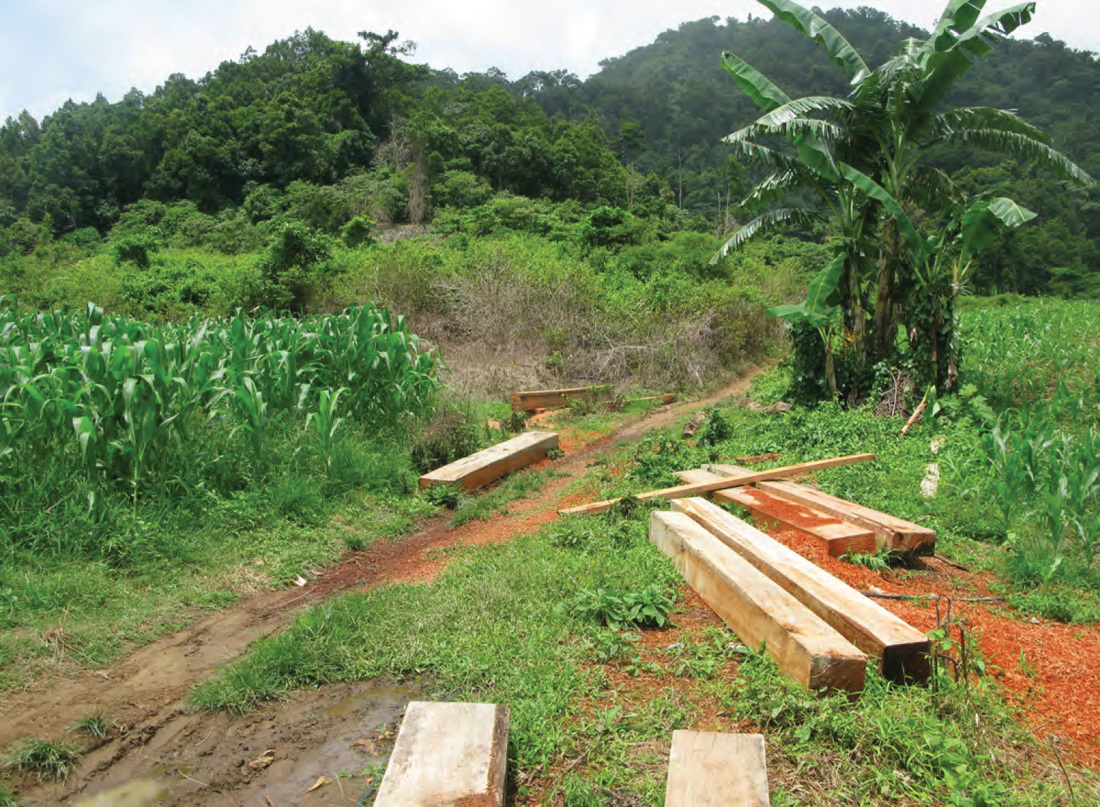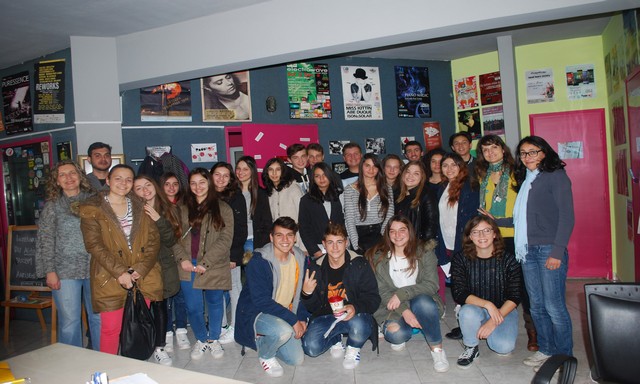|
The view on migration varies from generation to generation, country to country, society to society and from social class to social class. Every individual has its opinion and the International Organization of Migration collected these in their report “How the world views migration” which was published this October.
The survey asked whether or not the immigration level should kept at its present level, be increased or decreased. It found out that Europe has the most negative attitude towards immigration with 52% wanting to decrease immigration compared to 34% globally. However, it is important to mention that these figures vary extremely depending on the country. For instance, France, Poland and some Balkan countries wish to have the same migration level as before. Germany, Switzerland, Austria and the Scandinavian countries would even like to increase their immigration. The countries where the biggest part of the population wanted to decrease immigration were Greece and Russia followed by Great Britain.
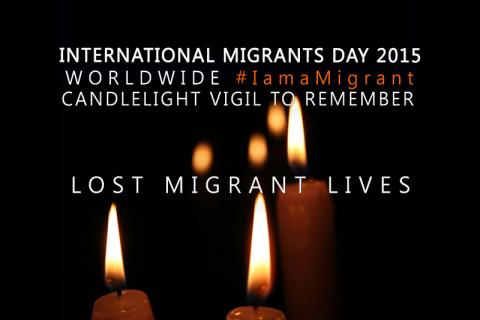 Tomorrow will be the International migrants day. There is a difference between migrants and refugees, that I'll try to explain to you in this article. Firstly, let's talk about migrants : A migrant is a person who makes a conscious choice to leave their country to seek a better life elsewhere. Before they decide to leave their country, migrants can seek information about their new home, study the language and explore employment opportunities. They can plan their travel, take their belongings with them and say goodbye to the important people in their lives. They are free to return home at any time if things don’t work out as they had hoped, if they get homesick or if they wish to visit family members and friends left behind. Then the refugees : Refugees are forced to leave their country because they are at risk of, or have experienced persecution. The concerns of refugees are human rights and safety, not economic advantage. They leave behind their homes, most or all of their belongings, family members and friends. Some are forced to flee with no warning and many have experienced significant trauma or been tortured or otherwise ill-treated. The journey to safety is fraught with hazard and many refugees risk their lives in search of protection. They cannot return unless the situation that forced them to leave improves. So, now you now everything about the differences between a migrant and a refugee. Our trip lasted for 12 days. From Serres, we made a tour via Sofia, Plovdiv, Svilengrad, the bulgarian border, along the turkish border, Alexandroupoli, and finally Komotini.
Our aim (except for travelling) ? 1) Meet some associations for refugees which we contacted before 2) Catch different inhabitants' point of views about the refugees' host and see how is the situation in a acclaimed aversed country... 3) Try to have a permission to entry in the immigration detention center of Sofia 4) See by our own eyes how is the situation at the borders Now, we are coming back. The eyes more opened and the spirit enriched. Our movie become more and more feasible... Our names are Mathilde Rouch and Camille Jego. Currently, we are two french girls volunteers of Praxis but most of all, we are two young girls looking for some clear answers about the human crisis. In our 21st century, the world is going through many crisis and changes - social, economic, ecological, cultural, societal, etc. Actually as always.
We would like to use the EVS's opportunity to offer our help for a disruption which is close to us... The refugees' crisis in Europe. Maybe through our young eyes, our skills and our field experience, we will be able to bring an overview and lighten the ideas. By this way, we created us a personal and engaging project : we made the bet to realize a movie about our experience among the refugees' crisis... Be patient! Waiting it, we will keep you updated on our actions and progress. Mathilde & Camille Here : Pictures tooks during our trips in Eidomeni refugees camp. We went 4 times there and the last time (21/11/15) was after the borders' closing for every nationalities non-Syrian, Afghani, and Iraqi. On 10th December, we celebrate Human Rights Day. Most of us, take human rights for granted. Most of the time, we do not even think about it and we live our lives without being aware of our privilege. Others, go to prison or die while fighting for them. Let’s have a look at what they are fighting for.
Human rights are addressed to every human being on earth. His nationality, sex, ethnic origin, skin color, religion or any kind of status does not matter. Usually, these rights are protected through laws and international treaties. They force governments to respect and promote the human rights of individuals and groups. With corruption, we all pay.
When corruption occurs, it affects every public sectors of a government, such as construction industry, health domain, education etc... In the construction industry the problem is recurrent. For example in China, since 2004 there is a massive boom on real estate, in 2014, for the 3rd time the real estate business is 30% of China G.D.P, but, instead of calculating the real estate G.D.P through property sales, the government calculates it through property construction which lead to this dramatic inventory of over 64 million empty houses and at least 11 major ghost towns. At the end of 2009 China has 5,6 billion square meters of property under construction, which the government seized by fear, force, and by saying to land owners that they will get a compensation , which most of the time isn't enough for the families to buy a new home. Same problem happened in Russia during the preparation for the Sotchi winter Olympic Games where there were similar cases of expropriation and cases where the government even refused to classify residents as residents to steal their land from them. Of course, as in China and Russia, the people taking the benefits of those events are the building contractors, those who are close to the government in place, that overprice their contract, and are not judged for their actions while people pay the price for them. In China approximately $5 trillions have been stolen by those building contractors and in Russia $30 out of $50 billions have been used in bribery and given to the contractors. When it comes to avoiding environmental protection rules, many businesses become either creative or corrupt. Especially forestry and the water sector are concerned by corruption, both very important for a balanced environment. The thing is that it does not only happen on small scale but also on top managing levels.
Environmental safeguards are easily avoided with corruption and while it is very hazardous on an environmental scale, it has a terrible impact on societies, too, because resources and habitats disappear due to corruption and therefore, ecosystems are ruined. Let us have a look at the impact of corruption on forestry and the water sector. Mercredi 25 novembre 2015
Nous les volontaires ainsi que notre tutrice Anna avons pu dialoguer,échanger avec les collégiens de l’école GEL PENTAPOLIS les principale questions nous concernant était directement en rapport avec notre S.V.E comme par exemple pourquoi avons nous choisi la Grèce?Notre S.V.E nous apporte quoi?On leur à tous plus ou moins la même chose a savoir nous recherchons à découvrir un nouveau pays,une nouvelle culture et que le projet de le faire dans une radio grecque était l'endroit parfait pour nous. Journée internationale contre la corruption
Pour offrir à tous, demain, un monde plus équitable, plus ouvert et plus prospère, nous devons encourager une culture d’intégrité, de transparence, de responsabilité et de bonne gouvernance. Ban Ki-Moon, secrétaire général de l’ONU Depuis dix ans, la Journée Internationale de lutte contre la Corruption rappelle l’adoption le 9 décembre 2003 à Mérida (Mexique) de la Convention des Nations unies contre la corruption (CNUCC). Cette célébration a notamment pour but de sensibiliser les citoyens aux conséquences de la corruption. La CNUCC rassemble plus de 173 pays à travers le monde et est le principal outil de la lutte contre la corruption. Cette pratique répandue aux quatre coins du globe et touche toutes les sphères de la société : privée / publique. Elle empêche la démocratie et la justice d’être appliquées comme il se doit. La transparence doit être une priorité dans les instances publiques et de pouvoir, afin que tous puissent avoir accès aux mêmes traitements. Certains pays ont encore plus d’efforts à fournir que d’autres en 2014 l’ONG transparency international publiait un top ten des pays les moins corrompus et les plus corrompus : Les pays les moins corrompus : 1. Danemark 2. Nouvelle-Zélande 3. Finlande 4. Suède 5. Norvège 6. Suisse 7. Singapour 8. Pays-Bas 9. Luxembourg 10. Canada Les pays les plus corrompus : 1. Somalie 2. Corée du Nord 3. Soudan 4. Afghanistan 5. Soudan du Sud 6. Irak 7. Turkménistan 8. Ouzbékistan 9. Lybie 10. Érythrée Plus d’informations sur la convention anti-corruption établie en 2003 par l’ONU ci-dessous https://www.unodc.org/pdf/crime/convention_corruption/signing/Convention_f.pdf By Manali.C So, last Wednesday ( the 25th of November) we had the chance to meet with young Greek students studying in GEL Pentapolis, chat with them about E.V.S and our personal experience. Some of them were interested in journalism, and most of them spoke very good English, which for me is kinda awesome because at their age I wasn't able to speak English as good as them. I hope they had a good time out here in rodon FM and that we helped them understand better what E.V.S is about and how working in a radio station/association is like.
Jacques M. |
Categories
All
Archives
November 2023
|
